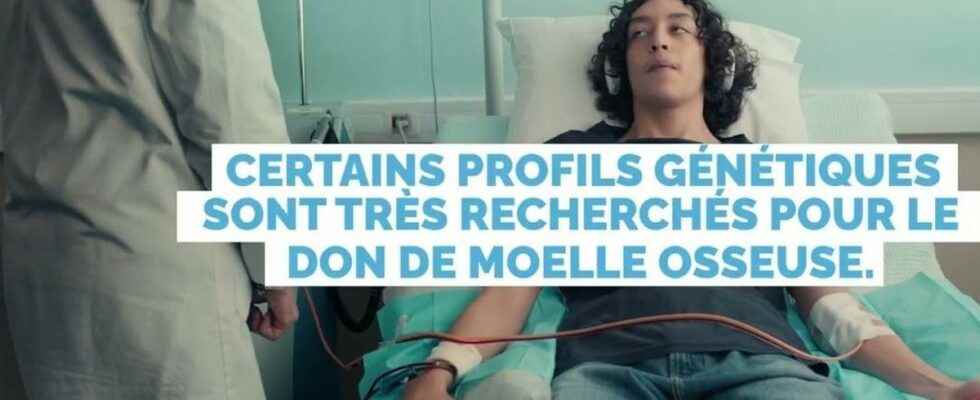Published ,
Reading 2 mins.
The biomedicine agency is launching its bone marrow donation awareness campaign, which will last until next September. She wants to focus this campaign on “rejuvenation, masculinization and diversification” of future donors.
Little known to the general public, bone marrow donation was widely publicized at the start of the year. on social networks, to help little Joseph, whose mother had launched a call. She asked as many people as possible to register to donate their marrow and try to save the little boy, affected by acute lymphoblastic leukemia.
An increasing number of donors
Following this story, the biomedicine agency was approached by many donors. Already in 2021, their figure had also started to rise again, with 23,769 new registrants against 16,331 in 2020. The biomedicine agency is therefore taking advantage of this enthusiasm to recall the rules of donation and try to attract the most talented profiles. researched in bone marrow transplantation.
As a donor, you are called on average eight years after registration. It is therefore important to register young and “it is above all a firm commitment that is required” first recalls Emmanuelle Cortot-Boucher, Director General of the Biomedicine Agency. “The actual gift does not necessarily intervene. But if one is called one day, even years after his inscription on the register, one must keep his promise, because it can save a life”.
Younger male donors from diverse backgrounds
For this, the biomedicine agency has lowered the maximum age for registration to 35 years, against 50 previously, because the marrow donation of young people is richer in hematopoietic stem cells, the blood cells produced by the bone marrow, which promotes engraftment explains the Agency.
In addition, there is a majority of women registered at present (64%) while the grafters are more likely to prefer, in 70% of cases, donations from men due to the fact that they do not have no pregnancy-related antibodies, which improves the success of the transplant.
Finally, the need for an ethnic diversity of donors is desired to meet the demand, because the patients come from all origins and the genetic profile of each is partly determined by their origin. For Emmanuelle Cortot-Boucher, “Diversifying the profiles of voluntary donors is the way to significantly increase the chances of finding a compatible donor: it is an essential factor in the quality of the registry, which must reflect the diversity of French society.”.
To register as a donor, you must go to a French blood establishment (EFS). You can be if you meet these three conditions:
- To be in perfect health
- Be between 18 and 35 years old
- Answer a medical questionnaire and take a biological sample (saliva sample or blood test during final registration) which will determine your biological identity card as a future donor. It will be recorded in the registry, which will identify possible compatibility with patients anonymously.
Finally, remember that at the end of December 2021, 337,832 donors were registered to donate their bone marrow.
